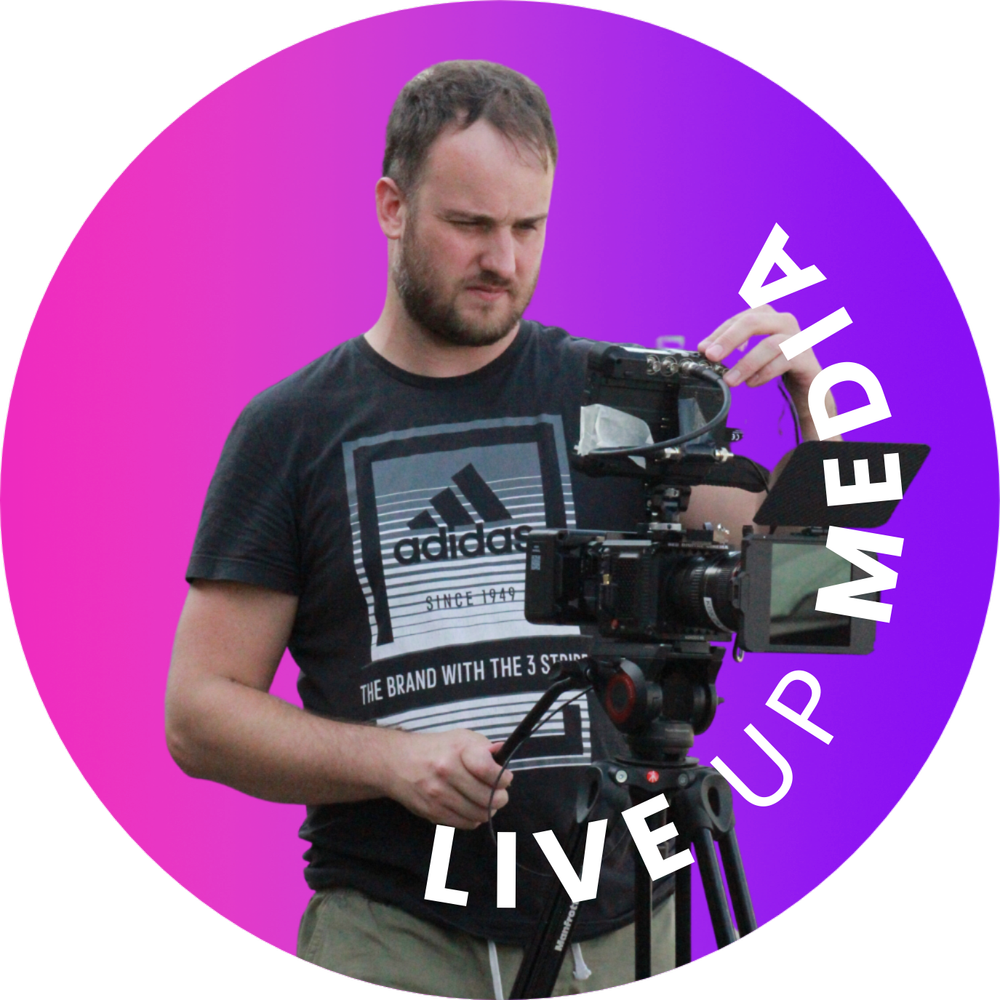The evolution of the videography profession, especially in a dynamic city like London, reflects a broader trend in the content creation industry. Today, many videographers are expanding their roles beyond traditional shooting and editing. They are forming small, agile teams comprising creative talents and editors to offer more comprehensive services. This development represents a shift towards a hybrid model, where individual videographers operate akin to full-scale content creation agencies.
This transition addresses several needs in the current market:
Diverse Skill Sets: Modern content creation often requires a multitude of skills, including graphic design, animation, and advanced post-production techniques. By forming teams, videographers can offer a wider range of services.
Scalability and Efficiency: Small teams can handle larger projects or multiple assignments simultaneously, providing efficiency and scalability to meet client demands without compromising on quality.
Adaptability to Trends: Social media trends, especially on platforms like TikTok, demand quick adaptation and innovation. A team with diverse skills and perspectives can more effectively stay ahead of these trends.
Comprehensive Service Offerings: Clients increasingly seek one-stop solutions for their content needs. A videographer-led team can offer everything from concept development to final editing, streamlining the production process for clients.
Personalized Approach: Despite being a team, such setups often offer a more personalized approach compared to larger agencies. This can be particularly appealing to clients who prefer a more hands-on collaboration.
Embracing New Technologies: With rapid technological advancements in the field of video production, such as the use of AI and virtual reality, having a team allows for easier integration and experimentation with these new tools.
